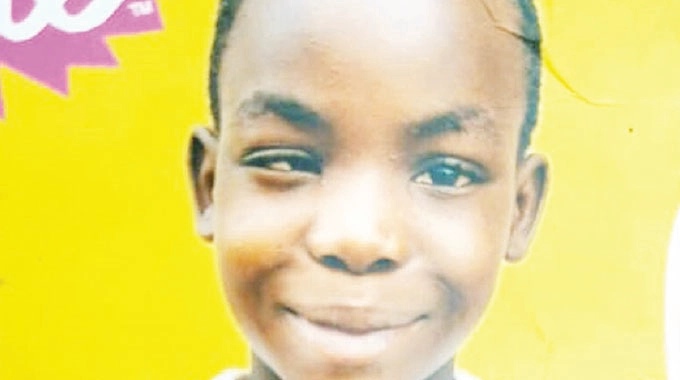|
Getting your Trinity Audio player ready...
|
BY Nhau Mangirazi
Girls Collective – a civil society coalition fighting for girls’ rights and justice has called on the government to deal with perpetrators of violence against girls.
In a statement following the death of Nokutenda Hwaramba (15) who died while giving birth at a shrine in Bikita, the umbrella body says suspects must be brought to book and be dealt with.
‘‘We are outraged at what happened to Nokutenda and other named and unnamed girls like her that could have been avoided especially in view of the fact that there are laws in place to protect children. The Criminal Law (Codification and Reform) Act [Chapter 9.23], the Domestic Violence Act [Chapter 5.16], and the new Marriages Act [Chapter 5.15] can be used to prosecute offenders against sexual abuse and exploitation including child marriages.
‘‘We recommend immediate actions by duty bearers and call on them to attend to the issue as a matter of urgency including those responsible for the death of Nokutenda, including parents, should be brought to book. In the same breath, the impunity enjoyed by some sectors of society should end.
‘‘Everyone should be accountable to the law. We call for an investigation of Nokutenda’s death and the shrines that have become ‘death shrines’ for girls and women,’’ reads part of the statement.
The organization said it is disappointed that perpetrators are taking time to account for their actions.
‘‘Our concerns are that the death of Nokutenda, coming after the unfortunate death of Memory/Anna Machaya, points to a lack of political will to end violations of girls’ rights by decision makers and duty bearers. We note with concern the impunity of perpetrators of violence against girls and call on law enforcement to act without fear or favour to end such atrocities against girls,’’ reads the statement.
It calls on the government to act responsibly.
‘‘We remind our leaders that girls matter and that leaders have a constitutionally conferred duty and responsibility to protect the most vulnerable amongst us.
‘‘We dare not forget that the system of care and protection failed Anna Machaya (14 yrs) and Ferby Munyafi (15yrs) and many others who succumbed to preventable maternal deaths.
‘‘The Girls Collective has been concerned with news of girls being subjected to acts of sexual gender-based violence and other harmful practices,’’ reads the statement.
The Girls Collective is a coalition of organisations and like-minded individuals working on ending prejudices against girls and young women.
The girl child movement advocates for positive norms, practices, and policies that enable the girl child to fully enjoy her life to the maximum potential, amplify girls’ voices, and promote their rights.
Zimbabwe accedes to both international and regional human rights principles in the United Nations Convention on the Rights of the Child and the African Charter on the Rights and Welfare of the Child.
‘‘Articles 21 and 27 of the African Charter provide for the protection of children from harmful practices and enjoins state parties to take “all appropriate measures to eliminate harmful social and cultural practices affecting the welfare, dignity, normal growth and development of the child” and “protection of all children from all forms of sexual exploitation and sexual abuse.” reads parts of the statement.
According to UNICEF, Child marriage remains widespread in Zimbabwe.
One woman out of three was married before the age of 18. According to the Zimbabwe National Statistics Agency (Zimstat), 33.7% of girls below 18 are married.
Zimbabwe is said to be among the Sub-Saharan African countries with high maternal mortality ratios at 462 per 100 000 live births in 2019.
‘‘Young mothers are at a higher risk, especially where no medical care is provided as Zimbabwe is amongst the low and lower-middle-income countries with “a disproportionate burden of shouldering 94% of all global maternal deaths.”
The Girls Collective adds that it is sad that rural women are at a significantly higher risk of dying from pregnancy when compared to women living in urban settings.






